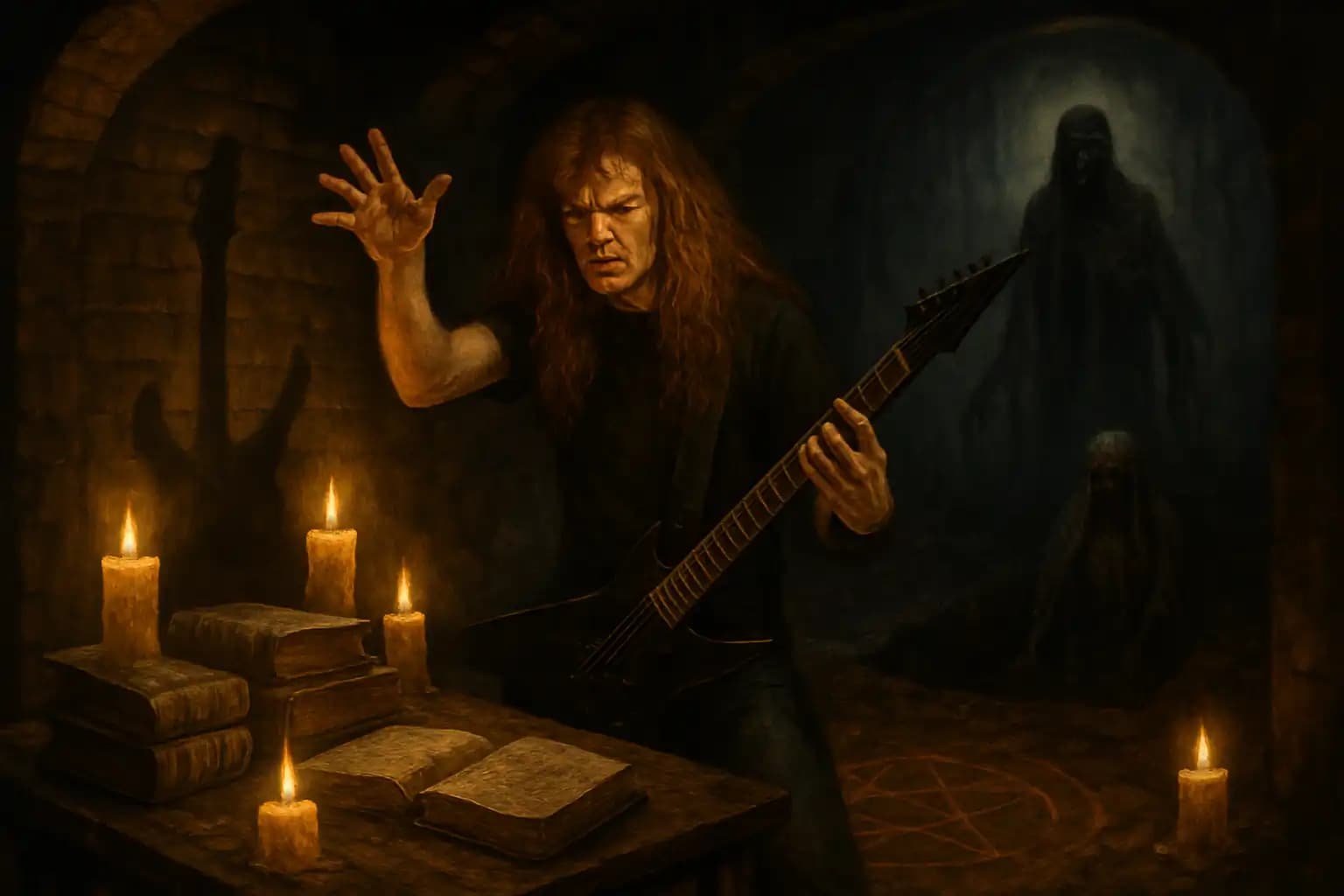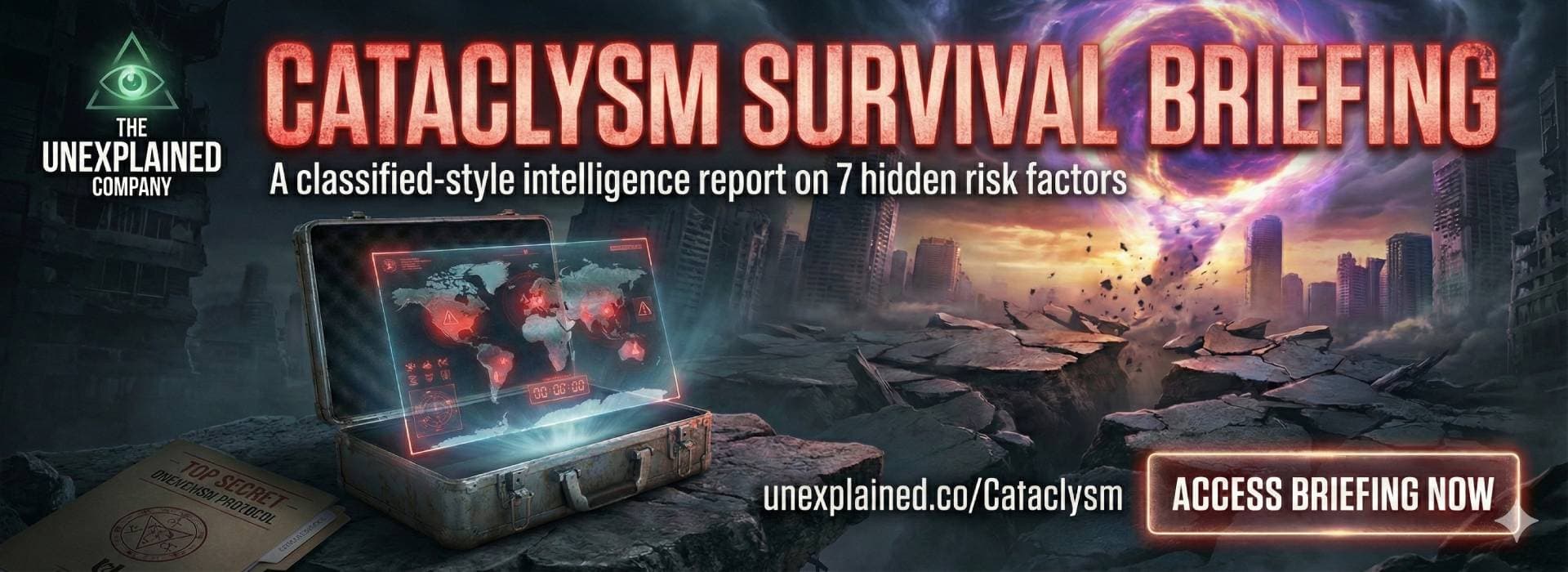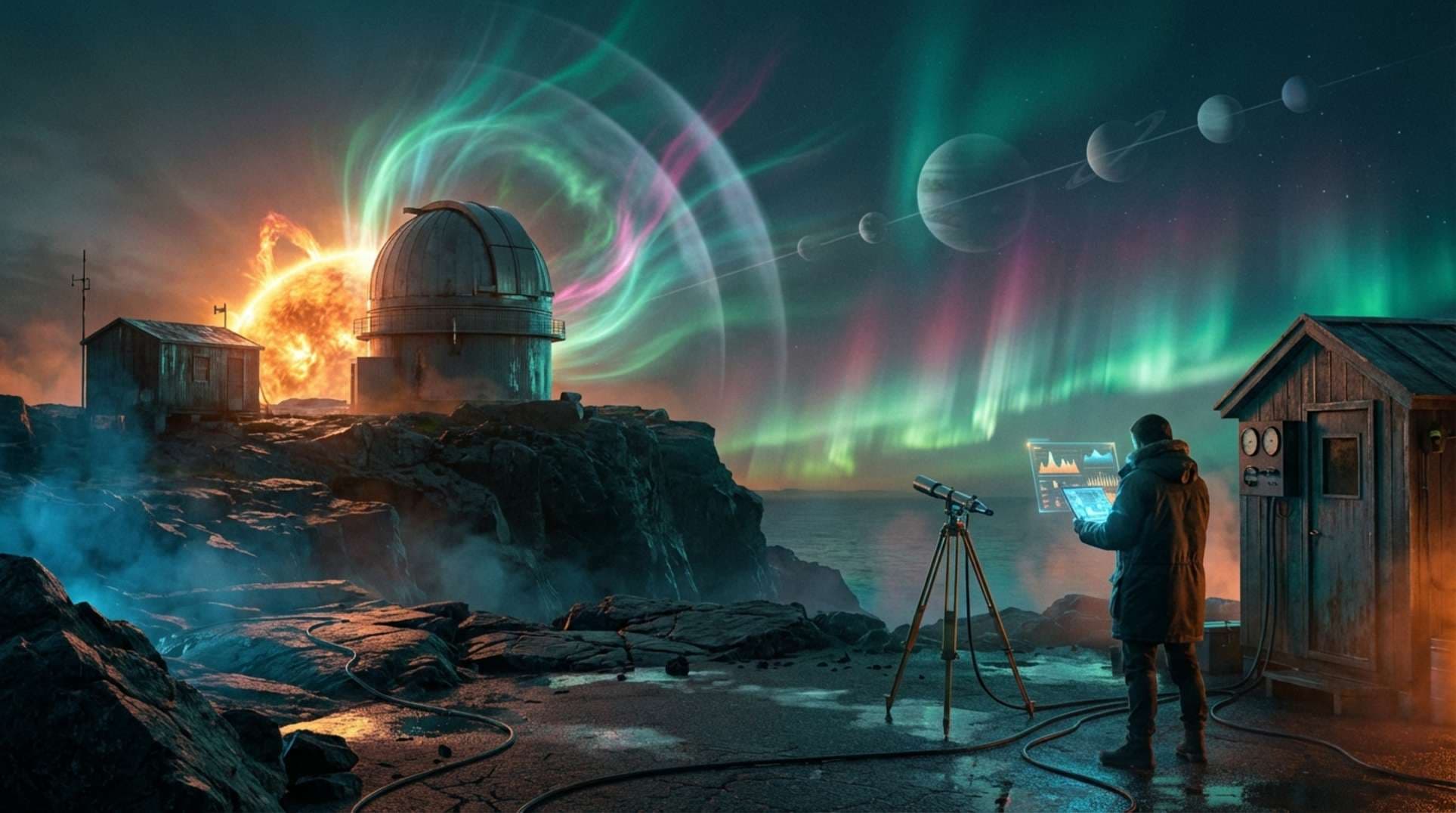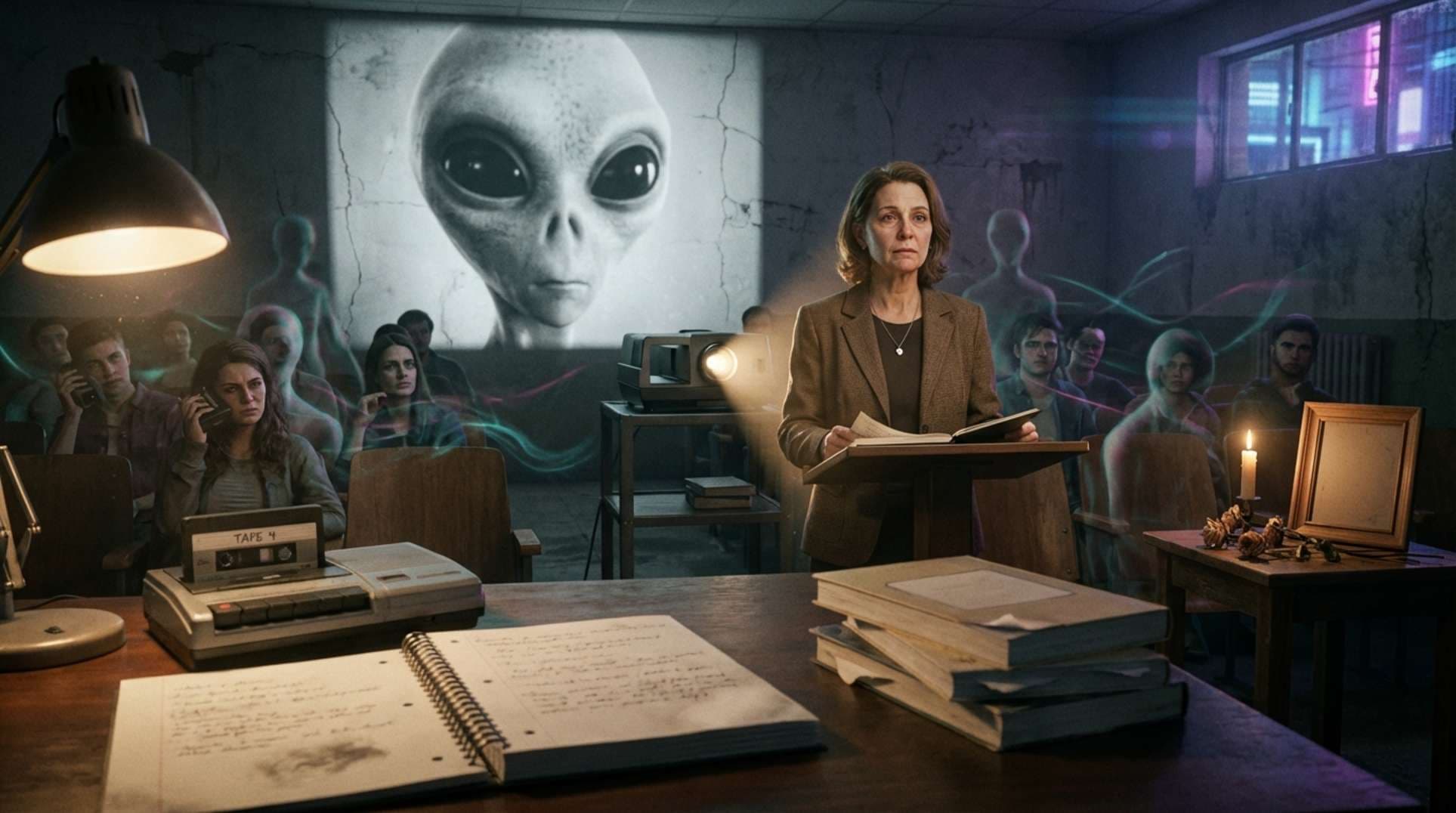Step aside, lightweight rock ‘n’ roll scandals—Dave Mustaine’s confessions about witchcraft and the occult could spook even the most seasoned doomsday prepper hunkered in a bunker with a week’s worth of holy water. The Megadeth frontman hasn’t merely flirted with the dark arts—he’s dived in headfirst. He lived to regret it and now warns others about what he calls the true cost of meddling in malevolent magic. The stuff of heavy metal legend is more than just fodder for late-1980s album artwork and occult stage shows—it’s grounded in confessions, consequences, and the clash between the fantastic and the real.
Mustaine opened up about his occult past on The Joe Rogan Experience and various media appearances. In these interviews, he describes learning dark rituals from his older sister as a teenager. He cast hexes and experimented with “black magic” to cope with pain and alienation. In his words, black magic “ruined my life” (Blabbermouth coverage). A particularly chilling memory features a ‘buried alive’ narrative—a story that combines wild rumors circulating in occult circles and rock history (a theme explored in MusicRadar).
Young & Cursed: The Origin of Mustaine’s Dark Fascination
Before platinum records and sold-out tours, Dave Mustaine was a troubled teenager searching for solace in the forbidden. His fascination grew under the influence of a family member, which spurred experiments in black magic inspiring songs like Megadeth’s “The Conjuring” (Wikipedia). This wasn’t typical teenage rebellion; Mustaine claims firsthand experience with the dark side. His early rituals—hexes, sex spells, and the infamous “buried alive” tale—became legendary, blending the real with the mythic throughout his lyrics and lore. As Mustaine admits, the price was lasting spiritual torment that haunted his later life and work.
Society’s fascination with harmful magic dates back to ancient times, as seen in historical accounts of witchcraft. Mustaine’s personal descent mirrors larger stories of hysteria, revealing a thin line between perceived enemies and creative outsiders. This motif resonates with those familiar with tales of vanished languages and decoded messages, as chronicled in this exposé on lost prophecies.
Rituals, Hexes, and the Rock’n’Roll Occult Legacy
The mythos of witchcraft has long haunted rock and metal. From Led Zeppelin’s rumored magical pacts to Coven’s ritualistic stage shows (Flood Magazine’s occult retrospective), Mustaine’s experiences reflect a broader cultural obsession with hexes and spells. In his case, the lines blurred between entertainment and genuine experimentation—a slippery slope mirrored in the accounts of infamous narco-satanic priests and modern occult practitioners.
Unlike some musical dabblers, Mustaine’s regrets were public and palpable. He renounced his occult past, even avoiding playing “The Conjuring” live for decades. His warnings align with contemporary tales of technological excess, existential threats, and humanity’s quest for forbidden knowledge—see this analysis of AI’s dangers and modern fears about society’s collapse.
Confessions and Consequences: The Shadow of Regret
Mustaine insists: dabbling in black magic isn’t just a phase—it bears both psychological and spiritual costs. His sense of unleashing uncontrollable forces resonates with personal trauma and a recurring narrative suggesting that those who meddle in the forbidden ultimately pay a price. The motif of “burying alive”—literal or metaphorical—intertwines his experiences with centuries of cautionary tales, as noted by scholars and popularized in both rock music history and anthropology.
According to Mustaine, only a dramatic spiritual conversion broke the spell—transforming a life overshadowed by supernatural consequences. His journey from “The Conjuring” to belief intertwines with themes of power, secrecy, and revelation found within tales of cosmic disasters and apocalyptic science reporting.
Hexes, History, and the Enduring Temptation of the Occult
Dave Mustaine’s story matters as it offers a cautionary tale and a personal narrative, enmeshed in the mythic cycles that shape rock lore and human history. His transformation from adolescent occultist to born-again skeptic mirrors a broader pattern: individuals grapple with the seduction of forbidden power and confront its costs. Whether conveyed in Megadeth lyrics, medieval peasant testimonies, or digital prophecies from modern AI, the urge to reach beyond the known often carries shadows of risk and regret.
As the next wave of confessional headlines and ritual rumors floods social media (or your local doomsday bunker), keep this in mind: distinguishing legend from lived experience remains challenging, even for those who’ve peeked over the edge and returned. For those craving untold stories from where history, myth, and danger converge, bookmark Unexplained.co. The real secrets can be even chillier than legends—especially when wrapped in vinyl and played very, very loud.





